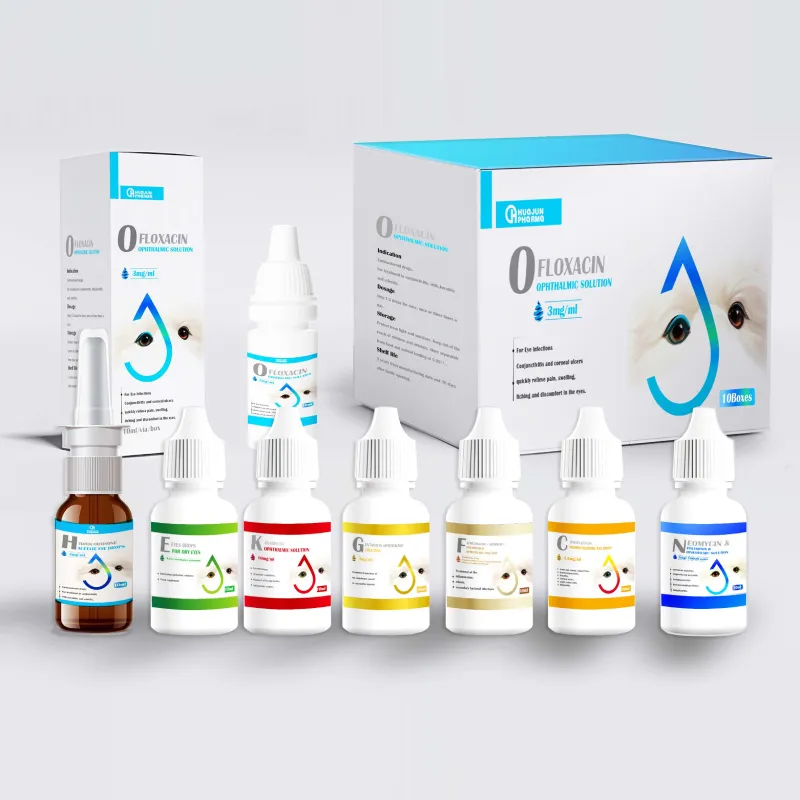
ספט . 12, 2024 10:13 Back to list
Coccidiosis in Chicken Factories
Coccidiosis in Chicken Factories Understanding the Threats and Solutions
Coccidiosis is a widespread disease that poses significant challenges to poultry production, particularly in chicken factories. Caused by microscopic parasites of the genus Eimeria, coccidiosis can lead to severe economic losses for farmers due to reduced growth rates, poor feed conversion, and, in severe cases, increased mortality rates. Understanding this disease's dynamics, symptoms, and preventive measures is crucial to mitigating its impact on the poultry industry.
Coccidiosis primarily affects young chickens, particularly those reared in densely populated environments, such as chicken factories. The parasites are transmitted through contaminated feed, water, or litter, making hygiene and biosecurity essential in preventing outbreaks. In factory settings, where thousands of birds are housed in close proximity, the risk of transmission is significantly heightened, resulting in rapid spreads of the disease.
Coccidiosis in Chicken Factories Understanding the Threats and Solutions
Preventive measures are essential for controlling coccidiosis in chicken factories. Good management practices, such as maintaining cleanliness and hygiene in the housing environment, can significantly reduce the risk of outbreaks. Regularly changing and thoroughly cleaning litter, ensuring proper ventilation, and implementing strict biosecurity protocols are all effective ways to minimize exposure to Eimeria oocysts.
coccidiosis in chicken factories

Moreover, vaccination plays a crucial role in controlling coccidiosis. Several vaccines are available that can stimulate immunity against specific Eimeria species, thus protecting flocks from severe disease. However, it is essential to combine vaccination with other management practices for a comprehensive approach to disease control.
Another critical aspect of coccidiosis management is the use of coccidiostats—medications that limit the growth and reproduction of the Eimeria parasites. These can be administered through feed or water and can help prevent outbreaks. However, reliance solely on antibiotics or coccidiostats is not advisable, as it can lead to drug resistance and other health complications in the flock.
Monitoring flock health and implementing regular veterinary checks can also aid in early detection of coccidiosis. Regular fecal examinations can help identify the presence of Eimeria oocysts, allowing for timely intervention and treatment.
In conclusion, coccidiosis remains a significant concern for chicken factories worldwide. Its impact can be profound, leading to economic losses and diminished welfare for affected birds. By adopting stringent biosecurity measures, maintaining optimal hygiene practices, utilizing vaccination, and employing coccidiostats judiciously, poultry producers can effectively manage coccidiosis and ensure the health and productivity of their flocks. Ultimately, a proactive approach to this disease is essential for the sustainability of poultry production in the face of rising demand for chicken meat globally.
-
Premium Honeysuckle Products - Leading Honeysuckle Manufacturer & Supplier Factory
NewsJun.10,2025
-
Pulmonary Edema Solutions from Leading Manufacturer & Supplier Reliable Factory Price
NewsJun.10,2025
-
Red Eyes - Leading Red Eyes Manufacturer & Supplier, Premium Quality Factory Price
NewsJun.10,2025
-
Broiler Ascites Syndrome Solutions Top Manufacturers
NewsJun.10,2025
-
Premium Amoxicillin Suppliers Reliable Biomox Mexican Factories
NewsJun.10,2025
-
Top Brewing Cell Wall Solutions Optimized Efficiency
NewsJun.09,2025




